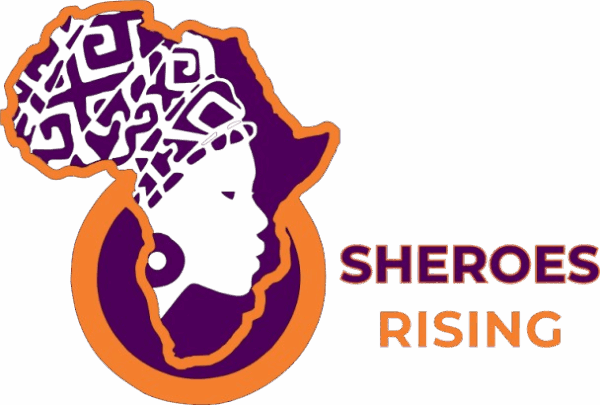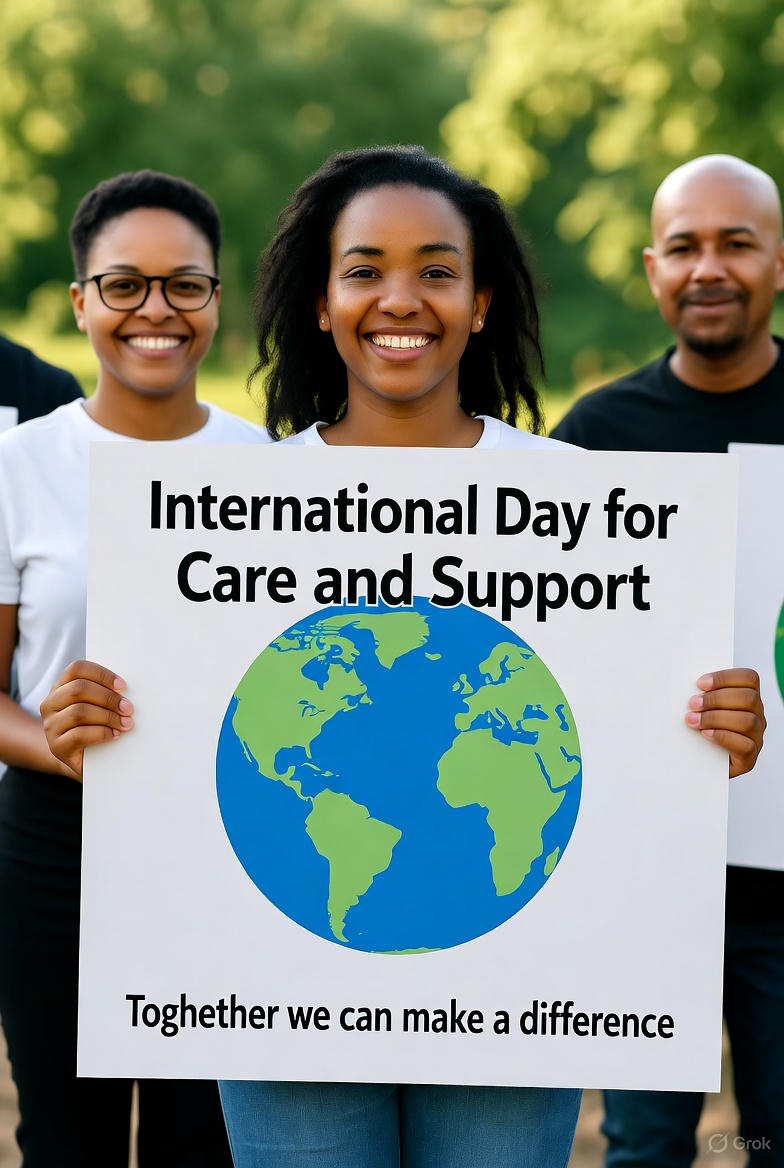What is care and support work? And why does this even matter?
Care work comprise a wide range of personal services workers, such as nurses, teachers, doctors and personal care workers as well as domestic workers, who provide both direct and indirect care in households.
There are 2 types of care work consisting of overlapping activities:
- Direct, personal and relational care activities, such as feeding a baby or nursing an ill partner.
- Indirect care activities, such as cooking and cleaning.
Globally, majority of the care work is undertaken by unpaid careers, mostly women and girls from socially disadvantaged groups thus making them unpaid carers that work without a monetary reward.
Unpaid care work is a key factor in determining both whether women enter into and stay in employment and the quality of jobs they perform. While care work can be rewarding, when in excess and when involving a high degree of drudgery, it hampers the economic opportunities and well-being of
unpaid carers, and diminishes their dignity and overall enjoyment of human rights. Unpaid care is considered as work and is thus a crucial dimension of the world of work.
Growing populations, ageing societies, changing families and women’s secondary status in labour markets and shortcomings in social policies demand urgent action on the organization of care work from governments, employers, trade unions and individual citizens.
- Care work; both paid and unpaid, is crucial to the future of decent work. Most paid care workers are women, frequently migrants and working in the informal economy under poor conditions and for low pay. But it will still remain an important future source of employment, especially for women.
If not adequately addressed, current deficits in care service provision and its quality will create a severe and unsustainable global care crisis thereby increasing gender inequalities at work. The conditions of unpaid care work impact how unpaid carers enter and remain in paid work, and influence the working conditions of all care workers.
This “unpaid care work–paid work–paid care work circle” also affects gender inequalities in paid work
outside the care economy and has implications for gender equality within households as well as for women and men’s ability to provide unpaid care work.-ILO
And this is why paying attention to care and support work, is crucial. And also the reason every 29th October is marked as International Day of Care and Support.
Every day, millions of people mostly women rise before dawn to cook, clean, nurse, teach, and hold families together. This work sustains societies, yet it rarely makes it into economic reports or national budgets.
The 29th of October is created by the United Nations to remind us of something humanity often overlooks: that care is the invisible heartbeat keeping our homes, communities, and economies alive.
And invites us to pause and ask: What would the world look like if we truly valued care?
The Unseen Economy
According to UN Women, women perform more than three-quarters of all unpaid care work which amounts to over 11 billion hours of labor every day.
That’s time not counted in GDP but essential to human survival. So when this work remains invisible, so does its worth and those who shoulder it.
In Nigeria, the story echoes. From rural mothers balancing farming with childcare to young women supporting aging parents in cities; the web of unpaid labor is vast and vital.
It is the grandmother who raises grandchildren while their parents work; the neighbor who volunteers to look after another’s child; the nurse who doubles her shift because the clinic is short-staffed.
These acts of care, though often unseen, are the real infrastructure of our society. Yet, too often, care is treated as help, not work. The lack of recognition translates into economic inequality, exhaustion, and limited opportunities — especially for women and girls who sacrifice education or career growth for caregiving responsibilities.
Care, Policy, and Shared Responsibility
UN Secretary-General António Guterres once said
Care work is the backbone of our societies, but it is still unpaid, undervalued, and often invisible.
This truth lies at the heart of why the world needs to talk about care and why October 29 matters as care is not just a family duty but a collective responsibility.
Governments, employers, and communities all share a role. Policies that provide paid parental leave, affordable childcare, and flexible work arrangements help redistribute the weight of care.
Investing in the care economy is not charity it’s smart economics. Studies show that creating jobs in care industries generates more employment than investing the same amount in construction or energy.
For Nigeria, where youth unemployment and gender inequality intersect sharply, strengthening the care sector can unlock new job opportunities from community health workers to early childhood educators — while improving wellbeing for millions.
But policy alone isn’t enough. Cultural attitudes must also evolve.
In many homes, caregiving is still seen as “women’s work,” reinforced by tradition and social expectation. Men sharing household and emotional labor shouldn’t be seen as helping it should be seen as partnership.
African Voices of Care
Across Africa, the spirit of communal care runs deep. Our cultural identity is rooted in ‘ubuntu’ — “I am because we are.” But the same communal bond can also mask the heavy burden carried by women who are expected to give endlessly without recognition or rest.
Take the informal caregivers who support the sick in rural areas without pay or protection. Or the women leading mutual-aid groups in Lagos, Nairobi, or Accra — organizing community feeding programs and childcare circles that fill the gaps where government systems fall short.
Their resilience is remarkable, but it shouldn’t come at the cost of burnout. Recognizing these women and supporting them through better infrastructure, training, and financial inclusion is essential for an equitable future. When we uplift caregivers, we uplift entire communities.
A Global Wake-Up Call
The adoption of the International Day of Care and Support in 2023 was more than a symbolic gesture. It was a global acknowledgment that care is central to achieving the Sustainable Development Goals, from gender equality to decent work and social protection.
Across the world, governments are beginning to respond:
- Chile is building a national care system that includes childcare, elder care, and disability support.
- Japan and Sweden have restructured work policies to support shared parental leave.
- In Kenya and South Africa, advocacy movements are pushing for domestic workers’ rights and fair pay.
Nigeria can learn from these examples — not by copying models, but by designing local solutions rooted in empathy, policy innovation, and partnership between public and private sectors.
Caring as a Human Right
At its core, this day is not just about recognizing caregivers — it’s about re-imagining care as a human right. Everyone, regardless of gender, class, or age, deserves to both give and receive care with dignity. This means building societies where no one is left alone to shoulder impossible burdens.
For brands, institutions, and governments, it’s an invitation to act:
- Invest in the care workforce.
- Promote family-friendly policies.
- Support mental health and emotional wellbeing at work.
- Shift narratives that equate strength with self-sacrifice.
And for each one of us, it’s a call to slow down and appreciate the people who make life livable, the ones who hold us together when everything else feels uncertain.
A Future Built on Care
As the world marks October 29, let’s move beyond hashtags and headlines.
Let’s choose to see the caregivers in our homes, hospitals, schools, streets and build systems that value their time, skill, and humanity. Because when we care for the people who care for us, we don’t just build fairer economies — we build stronger, kinder and a more sustainable worlds.
Awwal Sheriff & Hawwah A Gambo
Abuja Nigeria









